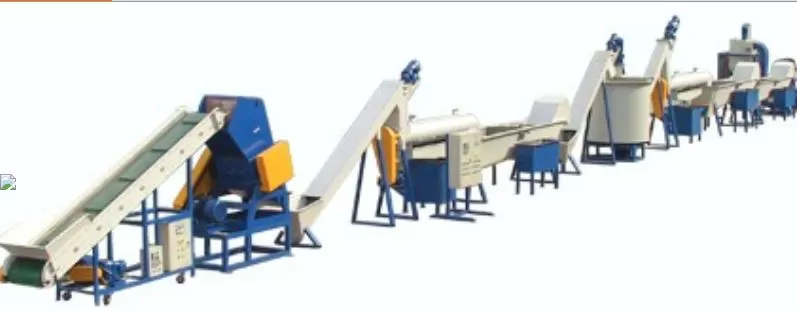Plastic pollution crisis – have you felt its omnipresence? From oceans to landfills, plastic waste has permeated every corner of our lives. As the CEO of Amige, I ponder daily on how to address this global issue. Plastic’s convenience and low cost have made it ubiquitous, but its environmental destruction is equally profound. We need an effective solution to tackle this imminent crisis.

So, how severe is the global plastic pollution crisis? According to the latest data, approximately 8 million tons of plastic waste enter the oceans annually, posing a severe threat to marine life and ecosystems. This pollution affects the environment, human health, and economic development.
A few sentences can’t fully capture the severity of plastic pollution. We need more action and awareness.
How Does Plastic Pollution Impact the Environment?
Plastic pollution affects not just the oceans, but also land and air. Plastic waste is notoriously difficult to degrade in natural environments, often taking hundreds of years to decompose. During this time, it releases harmful chemicals that pollute soil and water. Microplastics can enter the food chain, impacting human health.
How Does Plastic Affect Marine Life?
Marine life frequently mistakes plastic waste for food, leading to digestive blockages and death. It’s estimated that over 1 million seabirds and 100,000 marine mammals die annually due to plastic pollution. Additionally, microplastics absorb toxic substances, posing long-term threats to marine ecosystems.
How Can We Reduce Plastic Use?
Reducing plastic use is the first step in addressing the plastic pollution crisis. We can start with small daily changes like using reusable shopping bags, refusing single-use plastics, and opting for eco-friendly packaging. If everyone makes these small changes, the impact can be significant.
What Can Companies Do to Reduce Plastic Use?
Companies play a crucial role in reducing plastic use. By developing biodegradable materials, promoting green packaging, and increasing recycling rates, businesses can significantly cut down plastic pollution. Amige is dedicated to developing efficient plastic recycling equipment to help companies better manage plastic waste.
Current State and Challenges of Plastic Recycling
Plastic recycling is a vital method to tackle plastic pollution. However, the current recycling rate is still low, with less than 10% of plastic waste being recycled globally. Major challenges include high recycling costs, immature technology, and inadequate sorting practices.
How Can We Increase the Plastic Recycling Rate?
Increasing the plastic recycling rate requires efforts from multiple fronts. Governments should implement policies to encourage recycling participation; companies should invest in technological advancements to enhance recycling efficiency; and the public should be educated on the importance of waste sorting. At Amige, we strive to improve plastic recycling efficiency through innovative technology and equipment, reducing environmental burdens.
Future Solutions
Beyond reducing use and increasing recycling rates, we need to find alternative materials and new technologies. Biodegradable plastics and renewable materials are key directions for the future. Research institutions and companies should intensify their efforts to explore more environmentally friendly alternatives.
New Technologies in Plastic Recycling
With technological advancements, many new technologies are being applied in plastic recycling. For instance, chemical recycling can break down waste plastics into their original molecules, which can be used to produce new plastics. This technology not only improves recycling efficiency but also reduces the generation of plastic waste. Amige has made significant strides in this area, aiming to provide better solutions for the industry.
Global Cooperation to Combat Plastic Pollution
Plastic pollution is a global issue that requires global cooperation to resolve. Governments worldwide should strengthen cooperation to jointly formulate and implement effective environmental policies. International organizations should also play a role in coordinating efforts to tackle this challenge.
How to Promote Global Cooperation?
Promoting global cooperation requires countries to reach consensus on environmental policies and set unified standards and goals. Additionally, businesses and the public should actively participate, contributing to reducing plastic pollution together. Amige is willing to collaborate with partners worldwide to promote the development of the plastic recycling industry and contribute to achieving global environmental protection goals.
Conclusion
The global plastic pollution crisis requires efforts from everyone. From reducing use to increasing recycling rates to finding alternative materials, every step is crucial. Let’s take action together to protect our planet.
These are my views and solutions. I hope they resonate with you and inspire action. Thank you for reading!
